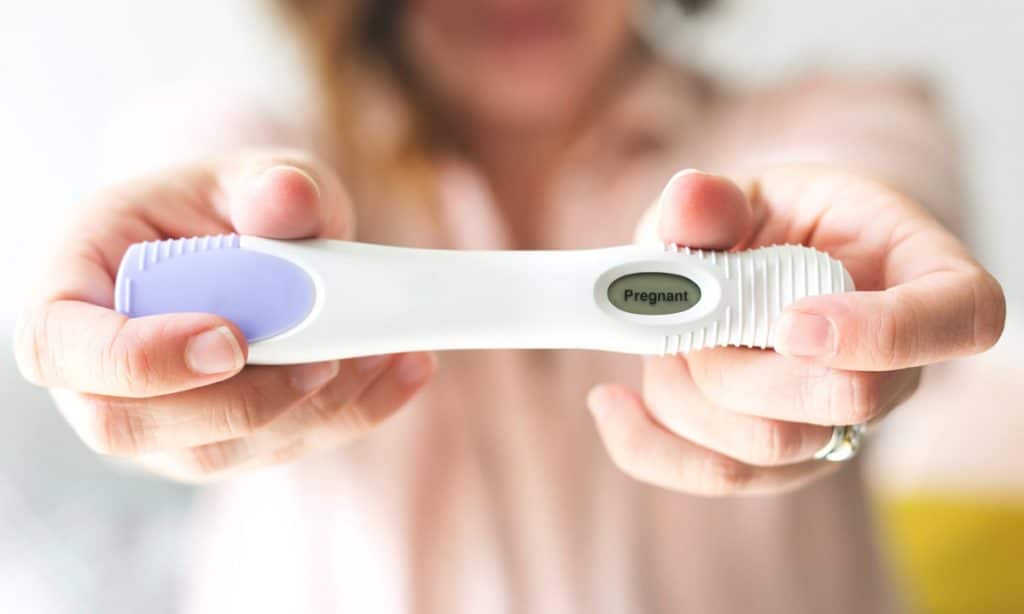Symptoms of infertility tend to be easy to miss, causing couples to spend frustrating months or years trying to conceive. Here’s what to look for.
Having a baby is a complicated process for many. According to the National Survey of Family Growth, 1 in 8 couples have issues with conceiving. One third of these cases are attributed to fertility problems in a female partner.
Infertility symptoms are easy to miss, with many women living their lives without knowing their issues until they’re trying to conceive and find themselves unable to. Menstrual cycles tend to be complex, with many women suffering from irregular periods, pain, and more, without openly speaking about them or consulting with their gynecologists.
Here are five symptoms that have been related to infertility in women.
Irregular periods
Irregular cycles are very common and they’re a sign that something could be wrong with your system on different levels. Periods that occur too frequently, not at all, last too long or too little are red flags and suggest that your ovulation is off, making it really tough to get pregnant. These irregularities can also mean there’s a polyp, an infection, some hormonal imbalance, thyroid issues, cysts, and more.
Pelvic pain
Pelvic pain during sex, bowel movements or random moments of the day could be sign of endometriosis or other hormonal issues. Some women have lived with this kind of pain throughout their lives not knowing that it’s abnormal and a symptom of something treatable. According to endometriosis.org, the disease affects 1 in 10 women during their reproductive years, and it causes the endometrium to grow outside of the uterus, complicating the process of getting pregnant and causing tons of pain.
RELATED: 5 Things That Affect The Sex Lives Of Millennials

Hot flashes
Hot flashes are associated with menopause, and if you’re young and experiencing them it might mean that you could be affected with premature menopause. This condition is one of the hardest to treat if you want to get pregnant, requiring immediate action and intervention. Most of the time, there’s family history, so if you’re informed it’s easier to prepare and take the necessary measures.
Hormonal imbalances
Hormonal changes can be noticed in skin blemishes, lower sex drive, facial hair growth, weight gain and thinning hair.
RELATED: More Women Are Using Marijuana Before Pregnancy—Is That Good Or Bad?

Underlying medical condition
If there’s an underlying medical condition like cancer, cancer treatments, damage to fallopian tubes or ovaries and more, these factors could influence the odds of getting pregnant and must be consulted with a doctor.


